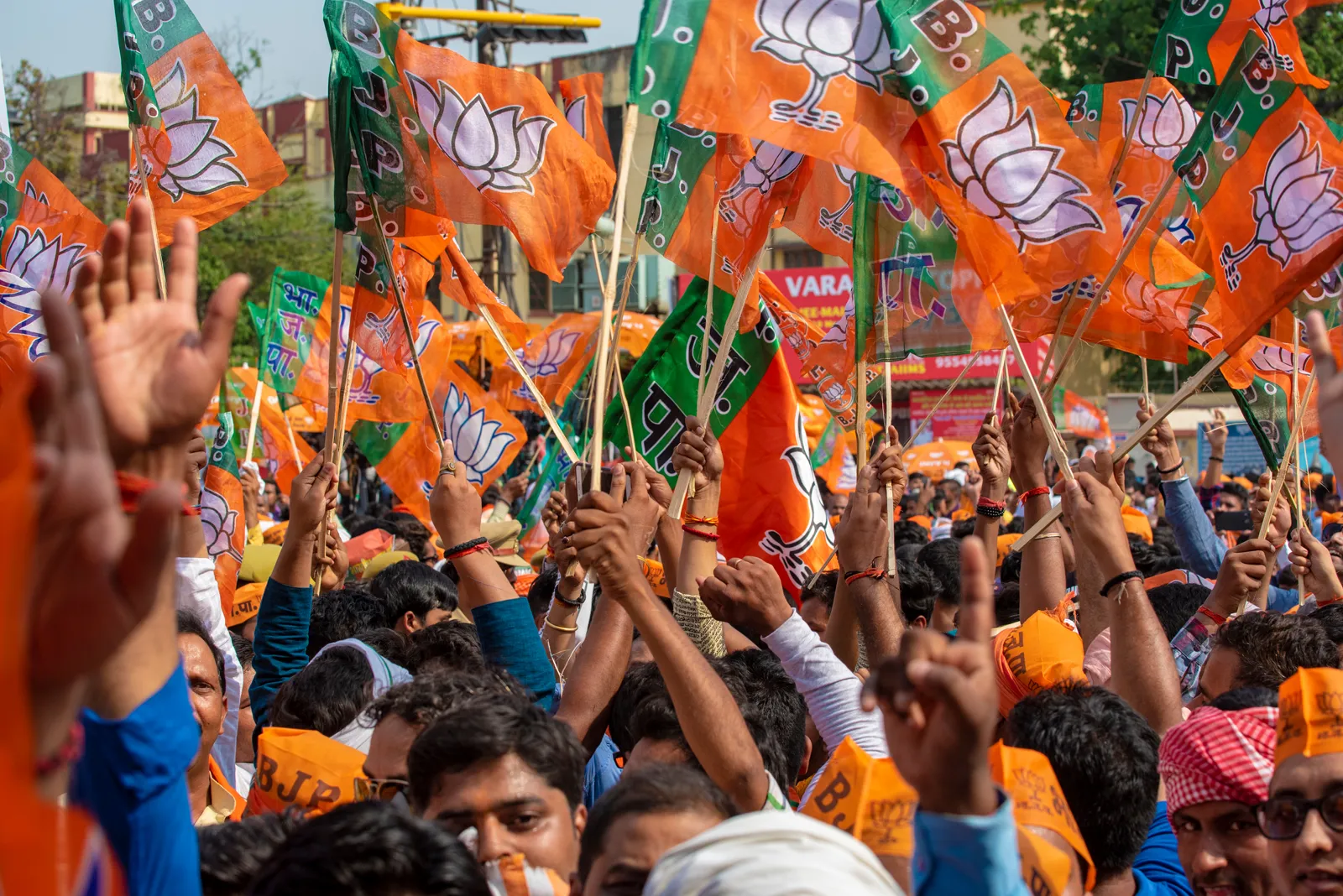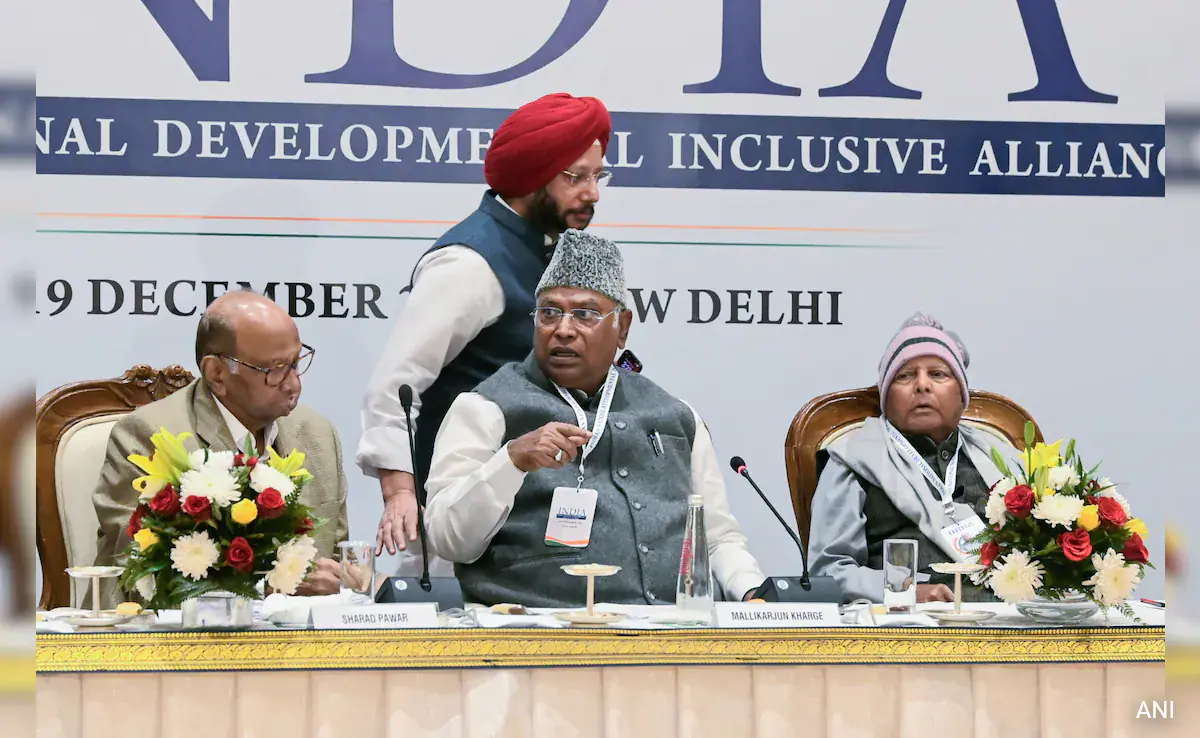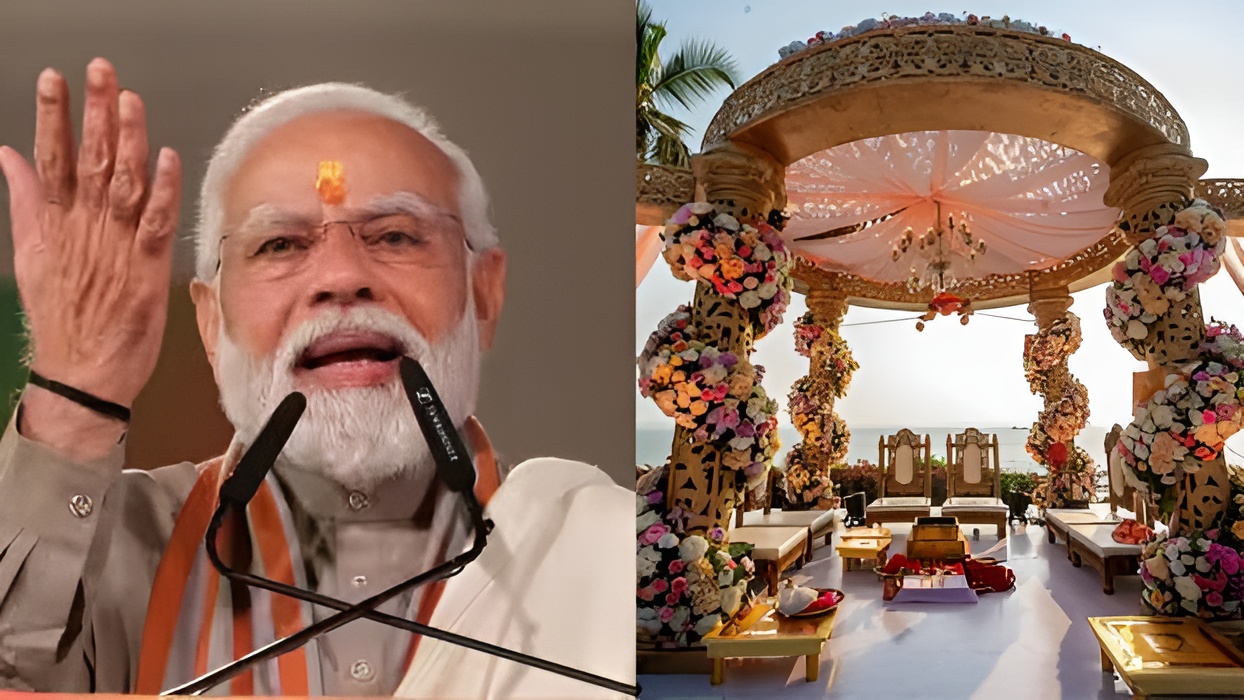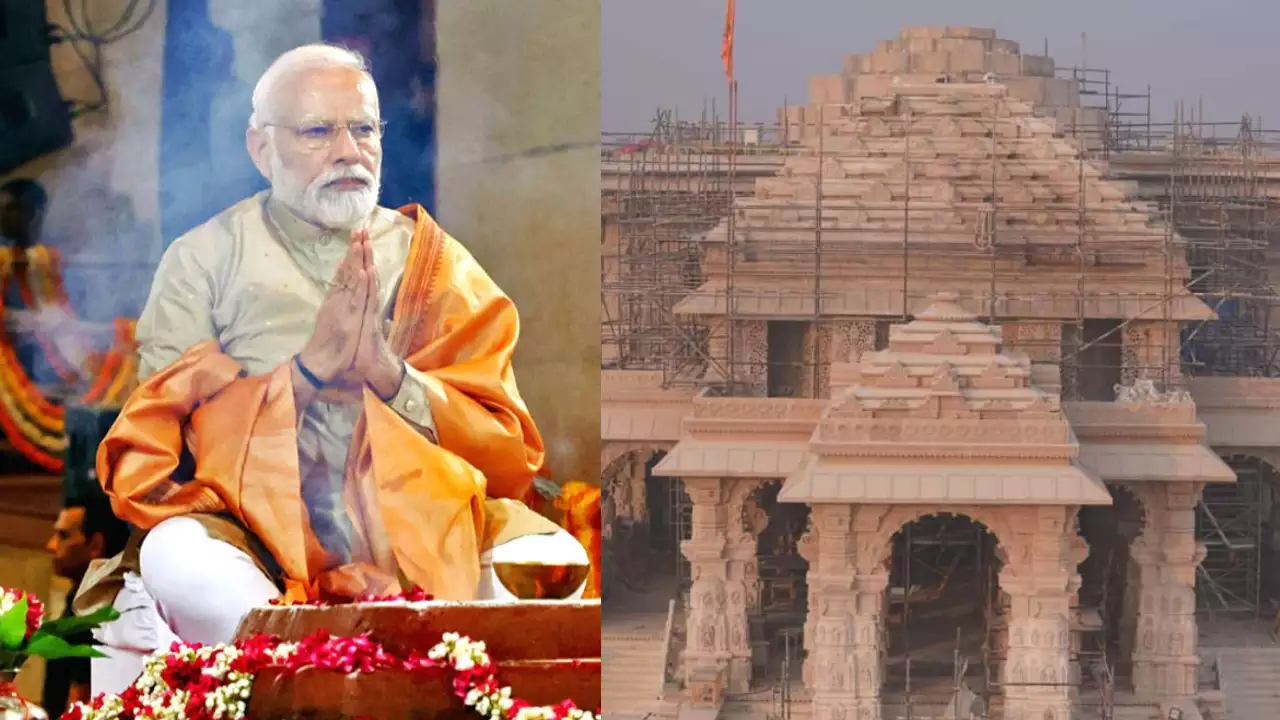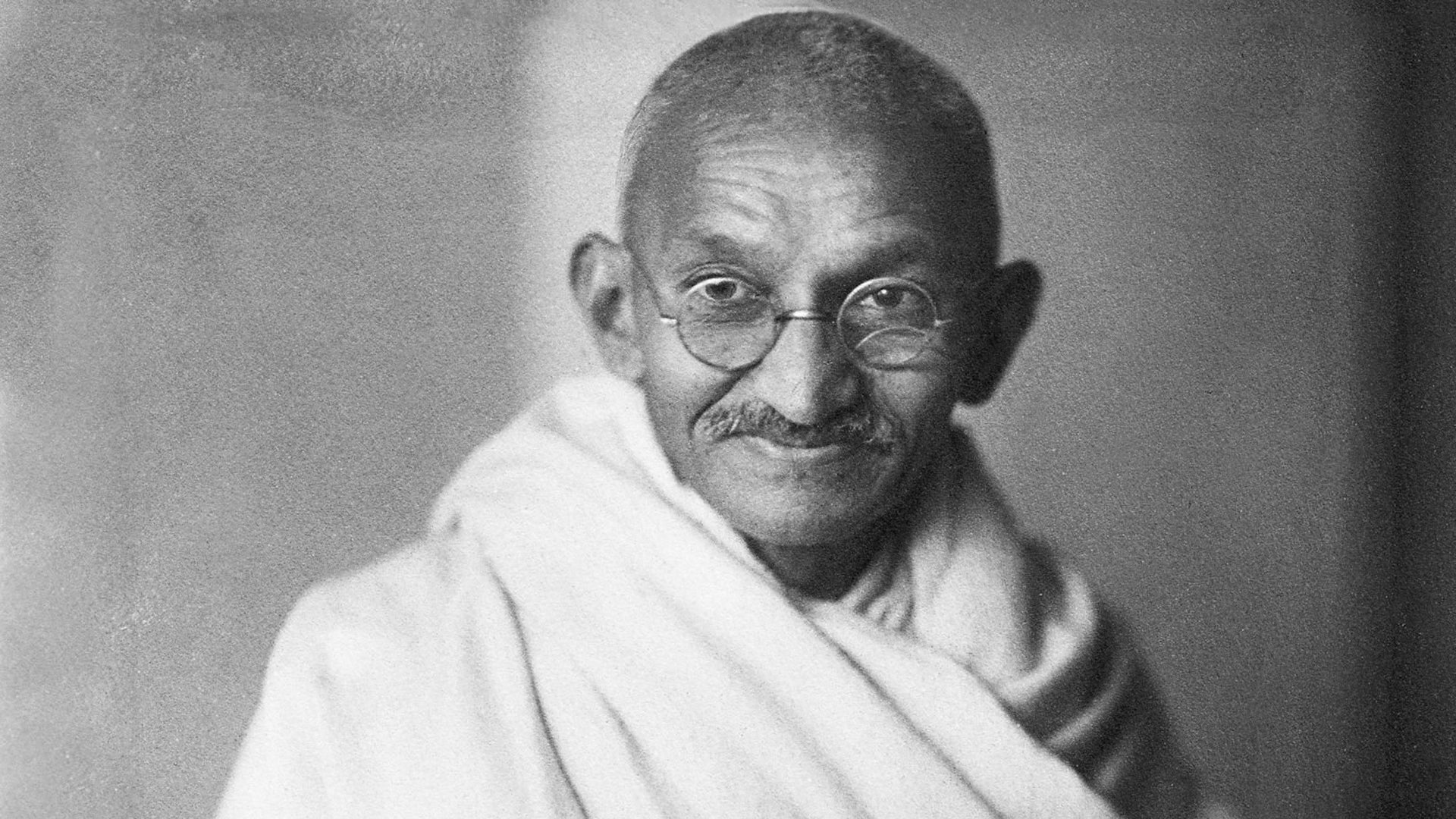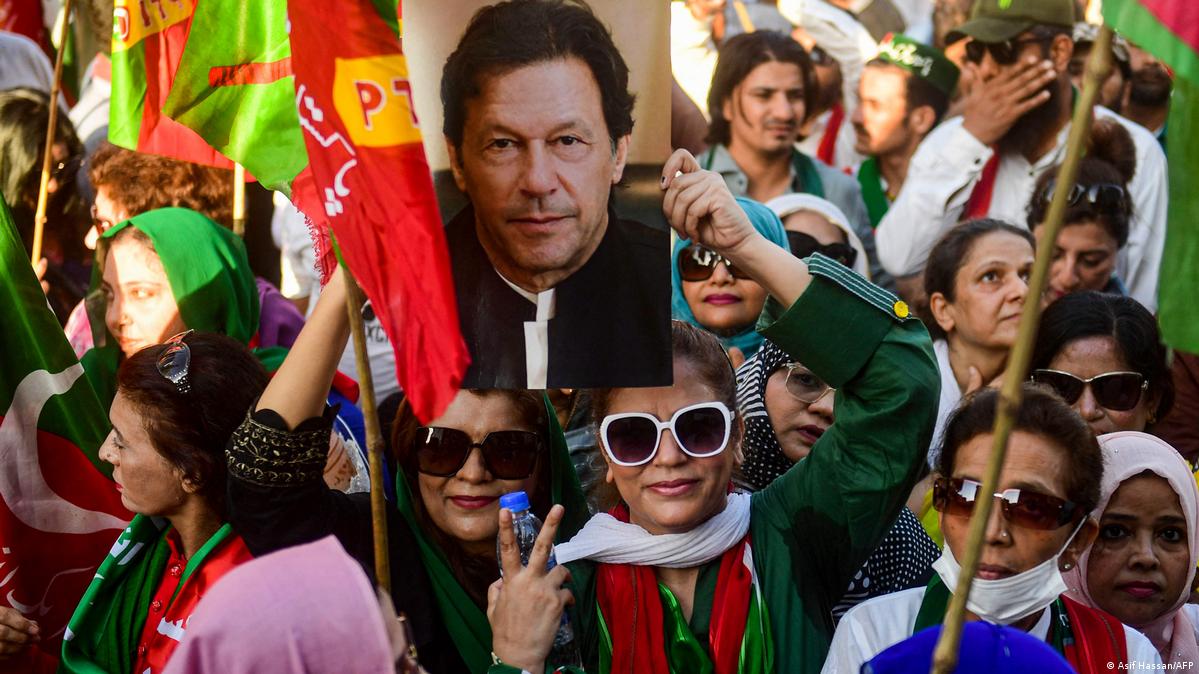As per the provisions of its constitution, the Bharatiya Janata Party (BJP) mandates that its members swear loyalty to specific values. These include respecting the Indian Constitution, accepting democracy, socialism, and secularism, and applying the Gandhian perspective to socioeconomic problems. Nonetheless, a lesser-known aspect of its ideological framework is at its centre: Integral Humanism, the party’s fundamental ideology as stated in Article III.
Deen Dayal Upadhyaya presented the idea of integral humanism in a series of lectures in Mumbai in 1965. It captures a deep understanding of the problems that face Bharat (India). The central claim of Upadhyaya’s argument is that the country’s problems stem from a failure to preserve its national identity. He compares the country to a person, implying that when a person’s innate inclinations are ignored or repressed, the person gets ill.
India was at a crossroads, unsure of its future course, seventeen years after attaining independence. According to Upadhyaya, freedom can only be truly meaningful when it is used as a vehicle for cultural expression. He criticises the prevailing emphasis on episodic issues, whether they be social, political, or economic, and he attributes this to India’s acceptance of a Western understanding of these issues. He contends that the Western concepts of nationalism, democracy, and socialism are intrinsically contradictory and cannot be reconciled within the Indian milieu.
Integral humanism emphasises the value of Dharma and offers an alternative strategy based on Bharatiya culture. According to Upadhyaya’s worldview, dharma is the eternal natural law that applies to all. It urges people to follow a moral course and the country as a whole, acting as a guiding ethical principle. Within this framework, the people’s will is subordinated to the executive, legislative, and judicial branches of government.
According to Upadhyaya, the Constitution’s use of the terms “secularism” and “dharmnirpeksh” is problematic. He says it is not appropriate to live in a state that does not follow the Dharma. He contends that variety poses a possible threat to India’s dharma, which is national unity. Upadhyaya goes one step farther and suggests abolishing the states’ legislative branches and centralising government in favour of a unitary federal system.
The idea of “chiti,” or the national soul, is central to integral humanism. According to Upadhyaya, this soul is impervious to influences from the past or from within. He says that the nation’s “chiti” is unchanged, just as a person’s soul is unchanged, drawing comparisons between individual and national entities. This national soul acts as a filter, keeping out things judged incompatible and thereby dictating the course of cultural evolution.
Upadhyaya asserts that societies are alive entities with a body, mind, intellect, and soul. He draws on Western philosophy, especially the theories of William McDougall, to emphasise how group psychology is similar to individual psychology. To genuinely exist, the nation as a whole needs a motherland and an ideal. In this situation, the nation’s innate values and cultural foundations are to be safeguarded by the state.
But the intricacies of integral humanism make its applicability in real life uncertain. Ambiguity is introduced by Upadhyaya’s differentiation of personality, soul, and character from intelligence, mind, and soul. It is unclear how a political party and the administration fit into these lofty ideals. Moreover, not everyone may fully understand the intellectual foundations of integral humanism, even though BJP members have adopted them in their formal affirmations.
Finally, integral humanism is revealed in the BJP constitution as a unique ideological tenet. With its roots in Bharatiya culture and Dharma, it aims to offer an alternative paradigm for dealing with India’s problems. Although Upadhyaya’s lectures laid the foundation, more research is needed to fully understand and apply Integral Humanism to the party and its members. Integral humanism is a distinctive and thought-provoking component that shapes the BJP’s identity and strategy as it negotiates the intricate relationship between philosophy and administration.
